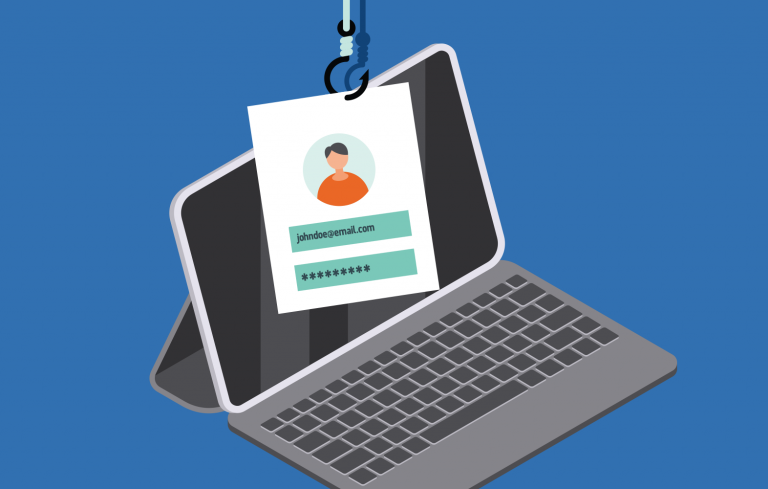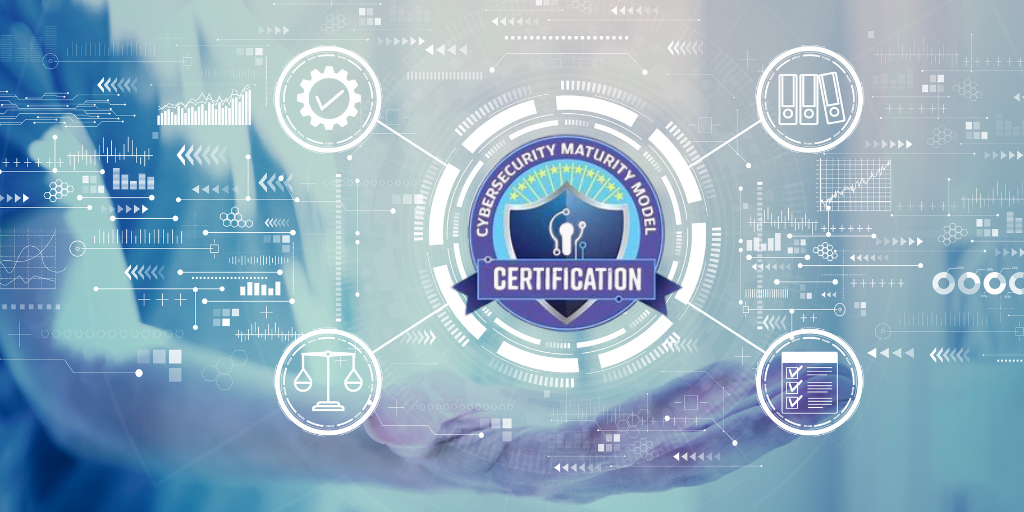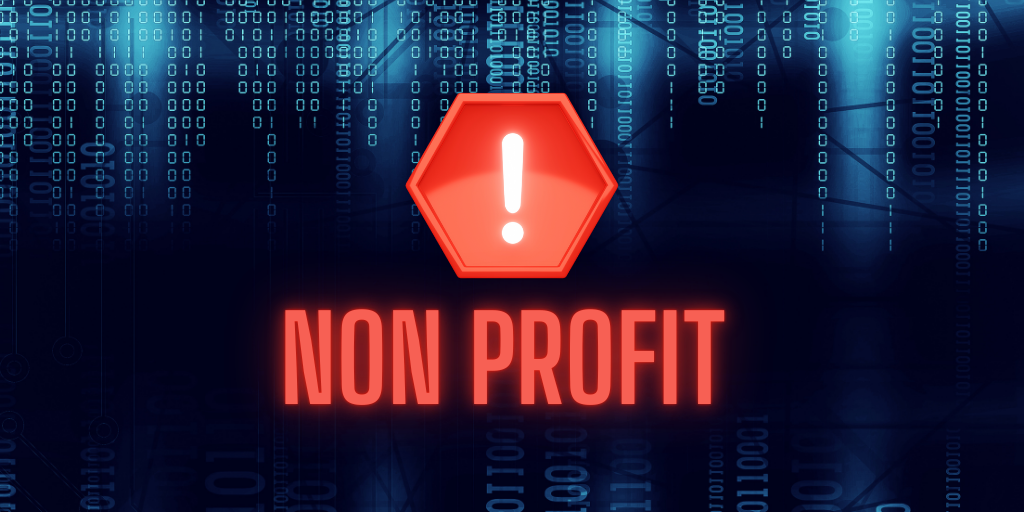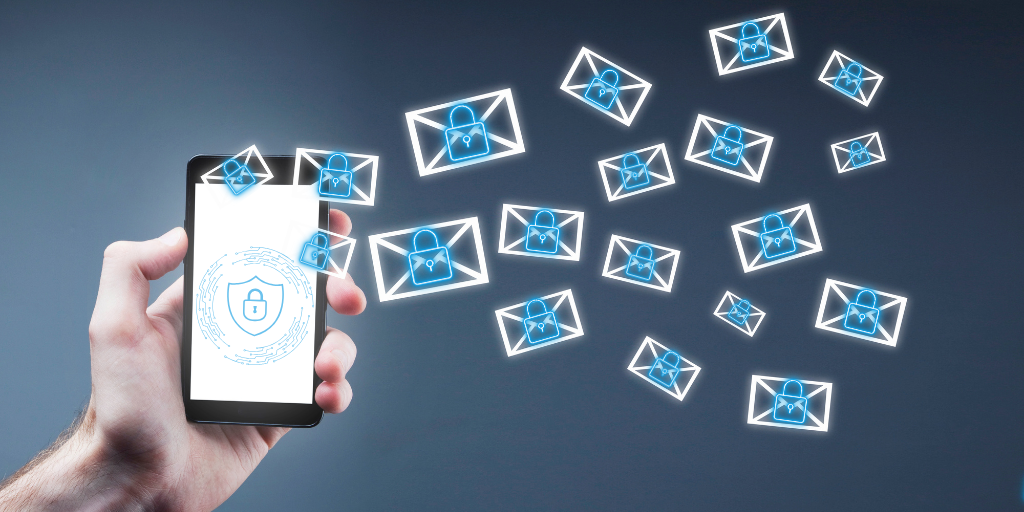Addressing CMMC Compliance Gaps for Small Businesses
Navigating the complex landscape of CMMC compliance can be a daunting task for small businesses, but with the right strategies, achieving and...

Phishing emails are a common form of cyberattack that can have serious consequences for small to medium-sized business owners. These types of emails are designed to trick people into giving away sensitive information, such as passwords and credit card numbers, by pretending to be from a trustworthy source. Unfortunately, these types of attacks are becoming increasingly sophisticated, making them more difficult to detect and stop.
The recent hacking incident at Reddit is a prime example of the dangers posed by phishing emails. Reddit is a widely-used website, with millions of active users, and it is a testament to the severity of the threat that even a site with its resources and security measures can fall victim to a phishing attack. In this instance, the attackers were able to gain access to some internal documents, code, and internal business systems.
While Reddit claims that user data was not impacted by the attack, this is not always the case. In many instances, cybercriminals use phishing emails to gain access to sensitive information, such as Social Security numbers, bank account information, and other personal details. This can lead to identity theft, financial losses, and several other serious consequences.
In addition to the risks posed to personal information, phishing attacks can also have a significant impact on a business's finances. For small to medium-sized businesses, a cyberattack can be devastating, as it can result in the loss of critical data, as well as the cost of remediation and recovery. In some cases, a business may need to shut down operations for some time to recover from a phishing attack, which can result in significant losses.
So, what can small to medium-sized business owners do to protect themselves from phishing attacks? First and foremost, it is important to be aware of the warning signs of a phishing email. Some common indicators include:
● An email that is written in a way that seems unfamiliar or unusual, such as poor grammar or spelling mistakes
● An email that requests sensitive information, such as passwords or credit card numbers
● An email that comes from an unexpected or unfamiliar sender
● An email that includes a sense of urgency, such as a request to act immediately
Furthermore, being aware of these warning signs, small to medium-sized business owners should also take steps to protect their sensitive information. This includes using strong, unique passwords for all of their online accounts, and being cautious when providing personal or financial information online. Businesses should also invest in anti-virus and anti-malware software, as well as firewalls, to help prevent phishing attacks.
Small to medium-sized business owners should educate their employees on the dangers of phishing emails and how to recognize them. This can include regular training sessions, as well as the distribution of guidelines and best practices for avoiding phishing scams.
In conclusion, phishing emails are a serious threat to small to medium-sized business owners, and steps must be taken to protect against these attacks. By being aware of the warning signs of a phishing email, protecting sensitive information, investing in security measures, and educating employees, small to medium-sized business owners can reduce the risk of falling victim to a phishing attack and ensure the security of their business and its assets.

Navigating the complex landscape of CMMC compliance can be a daunting task for small businesses, but with the right strategies, achieving and...

In an increasingly digital world, non-profits are prime targets for cyber threats. You can just discover how a Virtual CISO can protect your...

Small businesses must prioritize secure messaging to protect sensitive information and maintain customer trust.